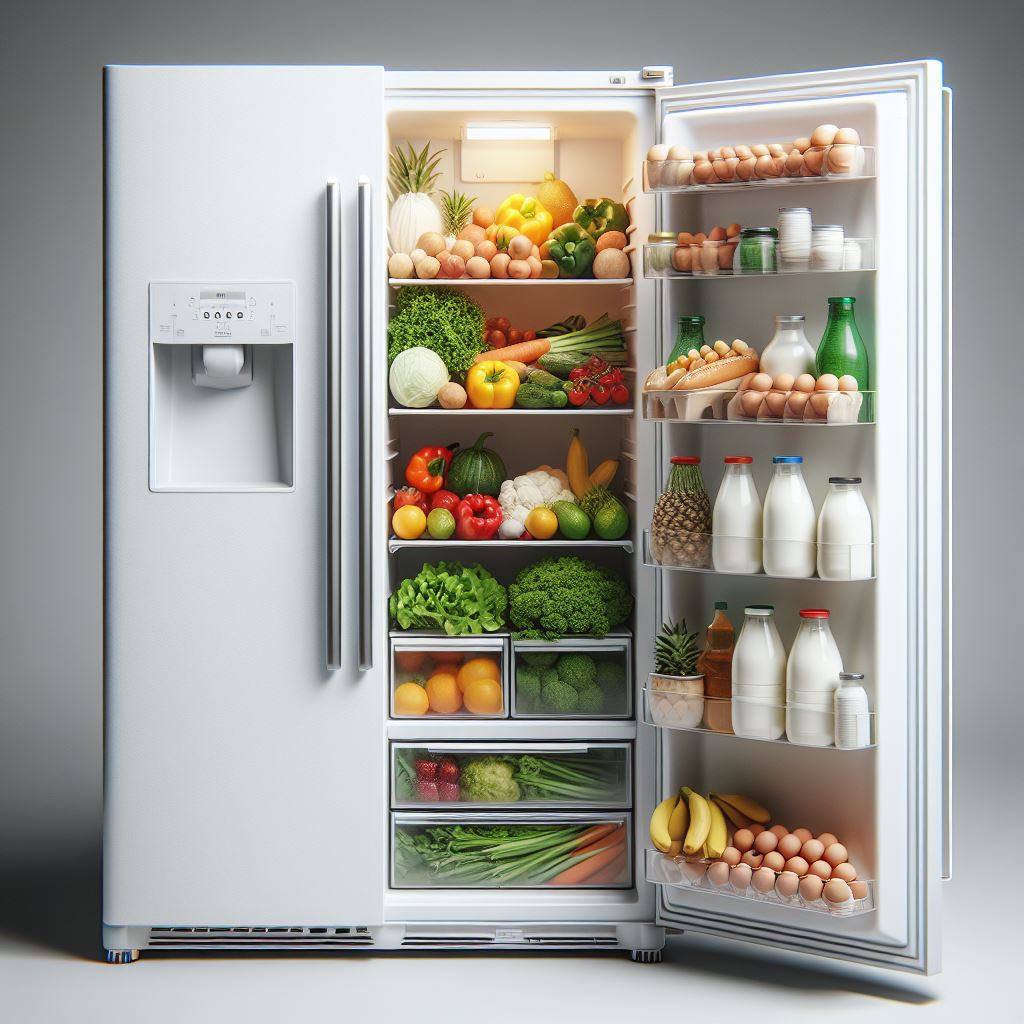Refrigerator water filters are like the superheroes of your kitchen, silently working behind the scenes to ensure the water you drink and use in your daily life is clean and safe. But have you ever wondered how exactly these filters work their magic? Let’s dive into the inner workings of refrigerator water filters and uncover the secrets behind their ability to remove contaminants and provide you with fresh, great-tasting water.
Refrigerator water filters play a crucial role in ensuring that the water you drink is clean and safe. These filters work by using a process called mechanical filtration, which involves passing water through a porous material, typically activated carbon. This material traps impurities and contaminants, such as sediment, chlorine, and other harmful substances, leaving you with clean and filtered water.
Activated carbon is the key component of refrigerator water filters, known for its ability to adsorb impurities and toxins. As water passes through the carbon filter, impurities are trapped in the tiny pores, resulting in purified water that is free from contaminants like chlorine, lead, mercury, pesticides, and pharmaceuticals.
To maintain the effectiveness of your refrigerator water filter, it is important to replace it regularly. Most manufacturers recommend changing the filter every 6 months, although this can vary depending on water quality and usage. By following the recommended replacement schedule, you can ensure that your filter continues to provide you with clean and safe drinking water.
In conclusion, refrigerator water filters are an essential component of modern refrigerators with water dispensers or ice makers. By understanding how these filters work and taking care to replace them regularly, you can enjoy the benefits of clean and safe drinking water in your home. Stay hydrated and healthy with a reliable refrigerator water filter!
